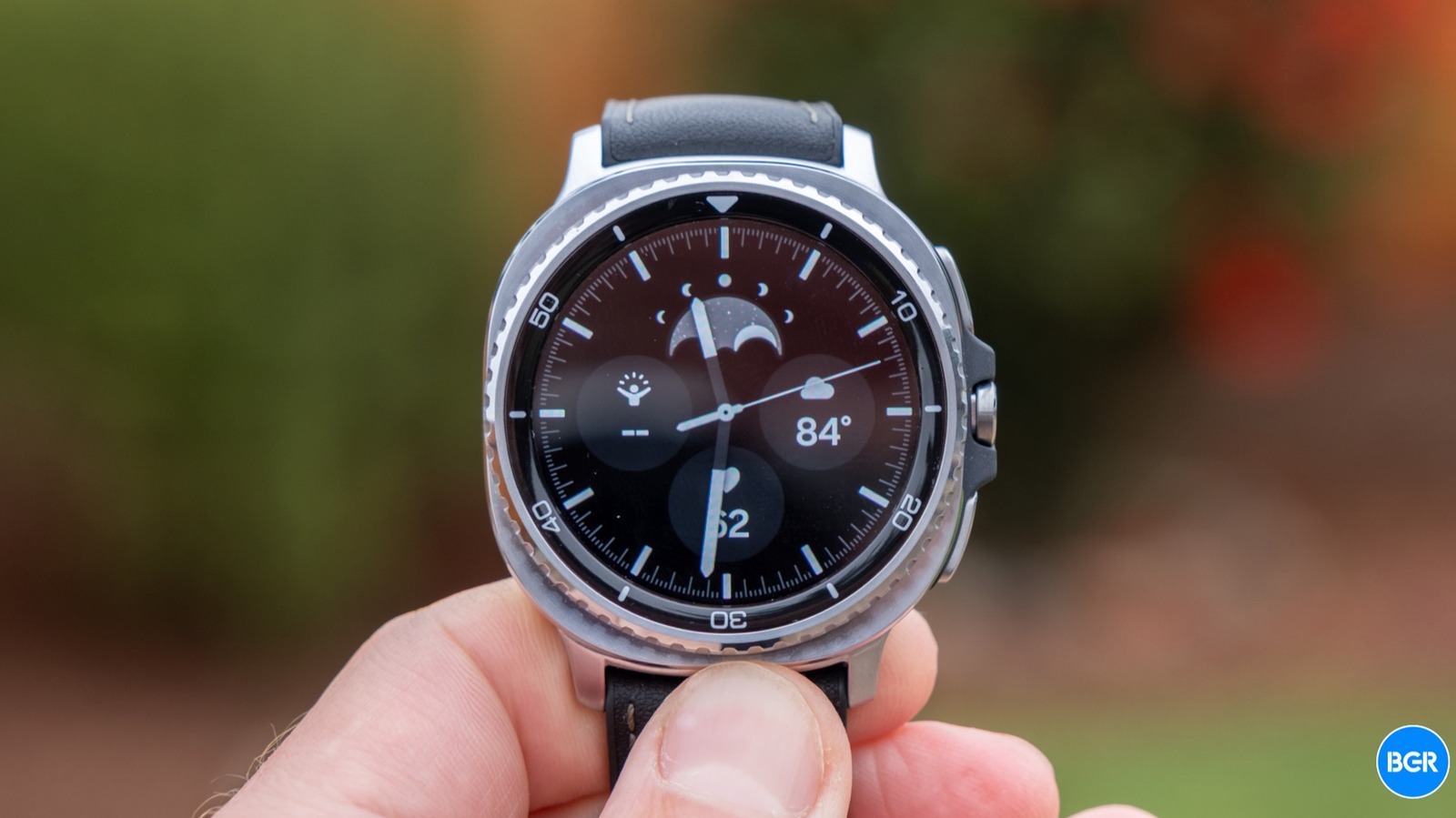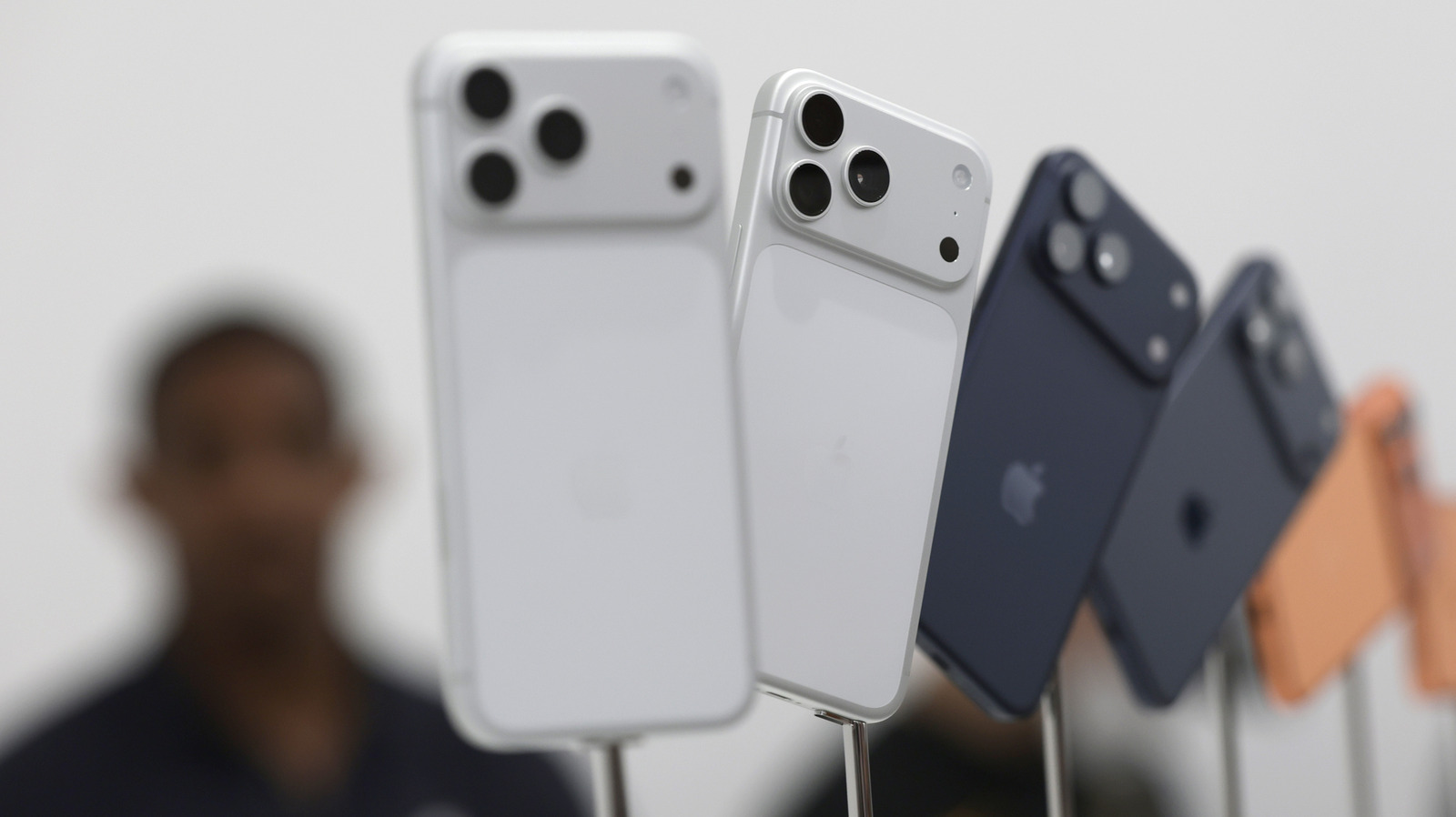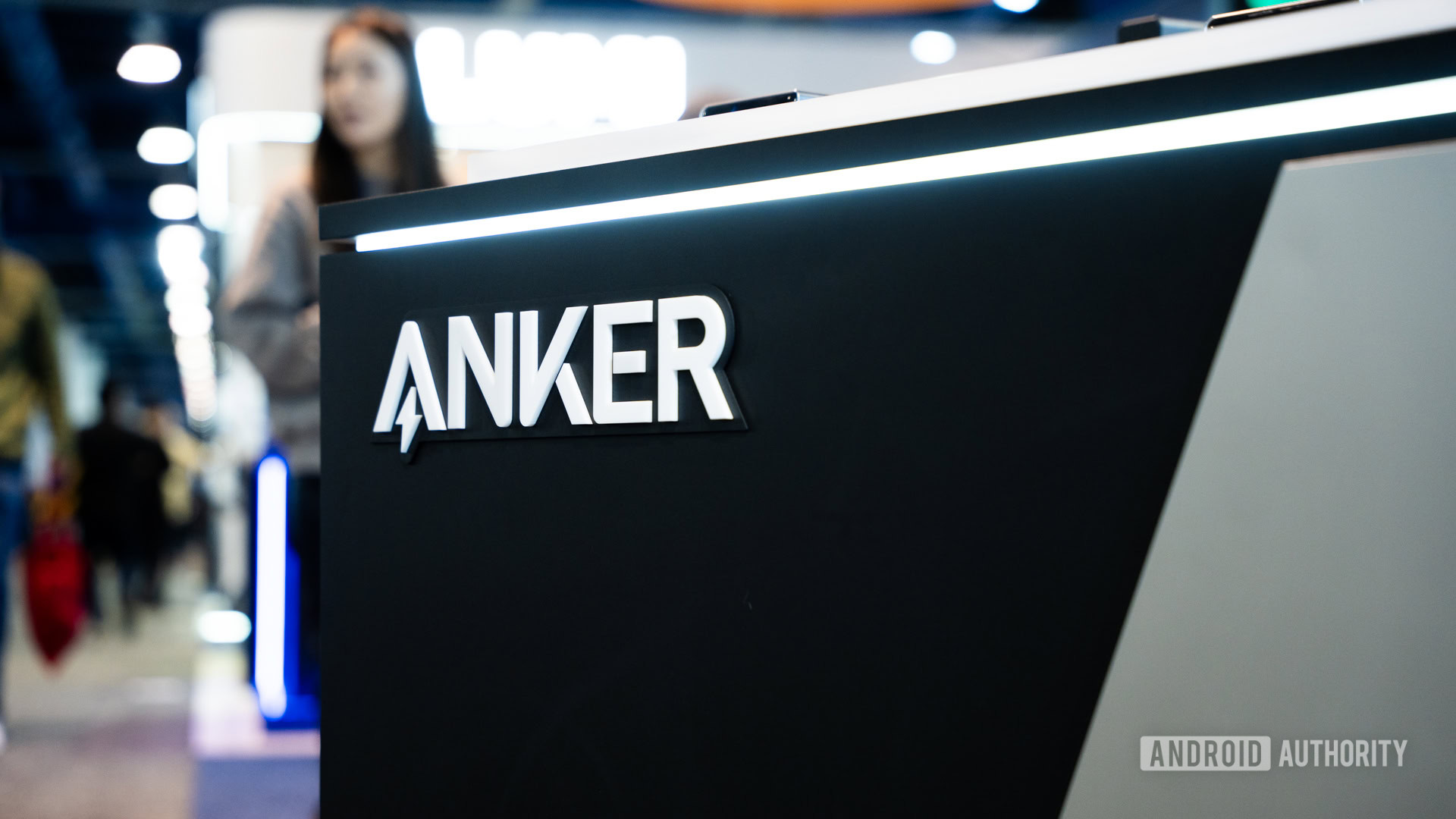The Samsung Galaxy Watch 8 Classic (along with the standard Galaxy Watch 8) is designed to be a comprehensive fitness-tracking device that supports a range of workouts and even some new tracking metrics. Even the basics are improved.
The watch can monitor heart rate, blood oxygen levels, stress levels, and a range of other health metrics. Samsung says the Galaxy Watch 8 Classic offers improved heart rate monitoring thanks to a new lug system that’s supposed to keep the sensors closer to your skin, even as you move around. The idea is that the watch maintains better contact with your wrist throughout different types of movement, which should lead to more accurate readings. The watch also has dual-frequency GPS for more precise location tracking, whether you’re running through city streets or hiking on trails.
The watch is good at picking up on workouts automatically, which is handy when you forget to manually start a session. In my testing, the stats were similar to what I got from the Apple Watch Ultra 2, though that doesn’t necessarily mean that either of them are ultra-accurate. You can track a wide range of different workouts, from running and cycling to swimming and strength training. The watch also offers personalized heart rate zones to help optimize your training intensity.
One feature I particularly like is the Energy Score, which takes things like workouts, sleep quality, stress levels, and other factors into account to give you an overall picture of how ready you are for the day. It’s a useful way to understand whether you should push hard in a workout or take it easy.
Sleep tracking is comprehensive and detailed. The watch tracks sleep cycles, respiration, skin temperature, and blood oxygen levels throughout the night. It can even use your phone’s microphone to monitor for snoring. The watch can also detect signs of sleep apnea, though given that I don’t have sleep apnea, it’s hard to tell how accurate this is. The sleep data is presented in an easy-to-understand format, with insights about how to improve your rest.
The big new feature for this year is the Antioxidant Index, which the watch can track when you press your thumb on the optical sensor for a few seconds. You have to take the watch off to do this, which is a bit inconvenient, but the process is quick. It measures carotenoid levels, which is only one category of antioxidants, so it’s not necessarily medical-grade or comprehensive. My score was “Very Low,” and while it’s impossible to judge just how accurate it is, after a week or two of not the best eating habits, I’m not surprised that it came back low. It’s an interesting addition that might encourage better dietary choices, though you’ll have to remember to use it regularly.
Overall, the Galaxy Watch 8 Classic is a well-rounded health and fitness tracking watch. It has all the basics, plus some features that competitors like Apple don’t offer.










